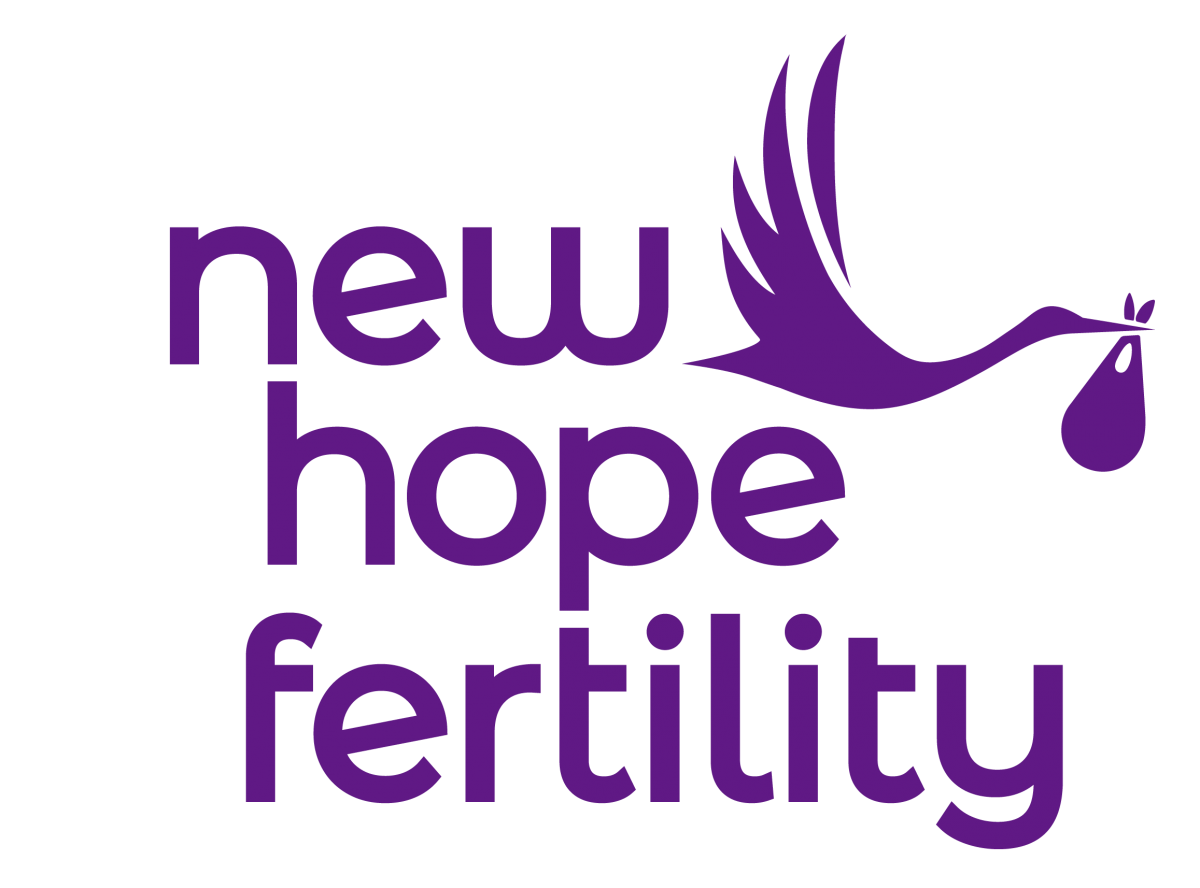If you’ve had fertility treatment before, chances are your physician has prescribed you progesterone. But, can taking progesterone improve your chance of pregnancy during a FET (Frozen Embryo Transfer) cycle? A recently released study set out to discover just that.
Part of our mission at New Hope Fertility is to constantly look for ways to improve our patient’s cycles and help keep our patients informed about new fertility research.
What is a FET?
A FET, or frozen embryo transfer, is the process of taking a previously frozen embryo, thawing it, and then transferring it directly into the uterus. An example reason someone may do an FET is if they froze their embryos at a younger age and are now at a point in life where they are ready to start building a family.
What is Progesterone, and Why Do You Need It?
Progesterone is a natural hormone your ovaries produce that can help to thicken your endometrium. Your endometrium is the lining of your uterus! During fertility treatment, your physician may have you take progesterone supplements, usually via injection or vaginal suppositories to help “prime” your uterus for transfer day.
It’s important to note that there is no “one cycle fits all,” and that the medication you take, frequency, and dosage will be decided by your physician.
What is Endometrial Thickness and Endometrial Receptivity?
Endometrial thickness measures the lining of your endometrium. A thicker endometrium can help an embryo “stick” to your lining and develop properly. If a pregnancy does not take, your progesterone levels will fall, your endometrium will begin to thin, and you will have a period.
Endometrial receptivity refers to the process in which the embryo actually attaches and develops on the endometrium during the “window of implantation” (the ideal time to transfer).
Let’s tie it all together:
Now that we have the lingo down, what were the results of this study?
The results show that the pregnancy rate and the live birth rate did not significantly rise with the increase in endometrial thickness, and thus endometrial receptivity in FET cycles was not greatly impacted.
This study helps give us greater insight into how medication can shape your cycle. It also tells us that increasing your progesterone dosage might not be what’s necessary to make your cycle successful.
What’s next for you? If you’re not already a patient at New Hope Fertility and are having difficulty conceiving, schedule a consultation with one of our physicians! If you are already a patient and have questions about your medication or protocol, feel free to reach out to your coordinator! We are here to help. Remember, every case is different, what may work for one person may not work for you.
Why New Hope?
We are committed to being at the forefront of research, innovation, and learning in the fertility community. New Hope Fertility has contributed much-needed clinical insight into best practices for patients of all ages and situations. To learn more about our commitment to staying informed about recent advances in reproductive medicine, or to explore your options for starting a family, schedule an appointment here!

